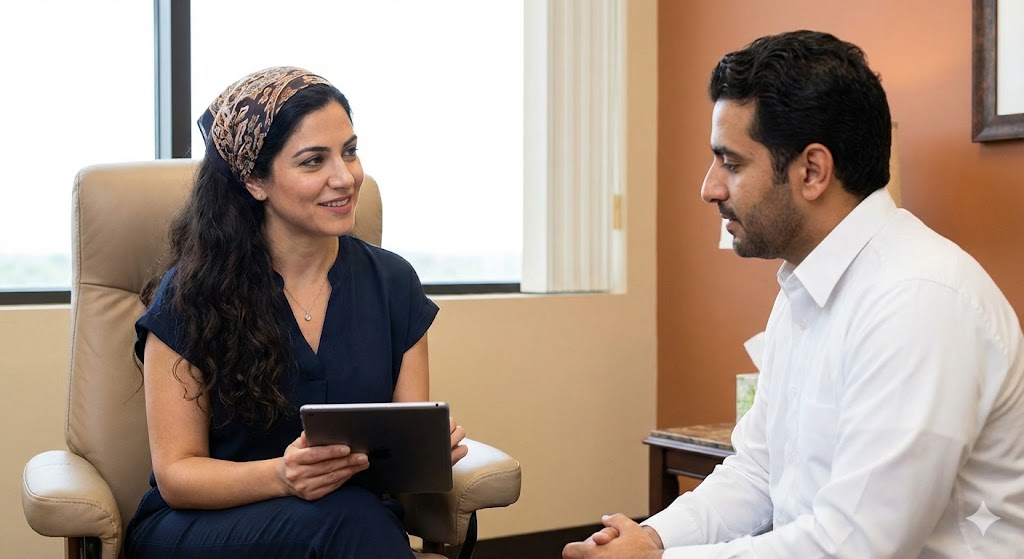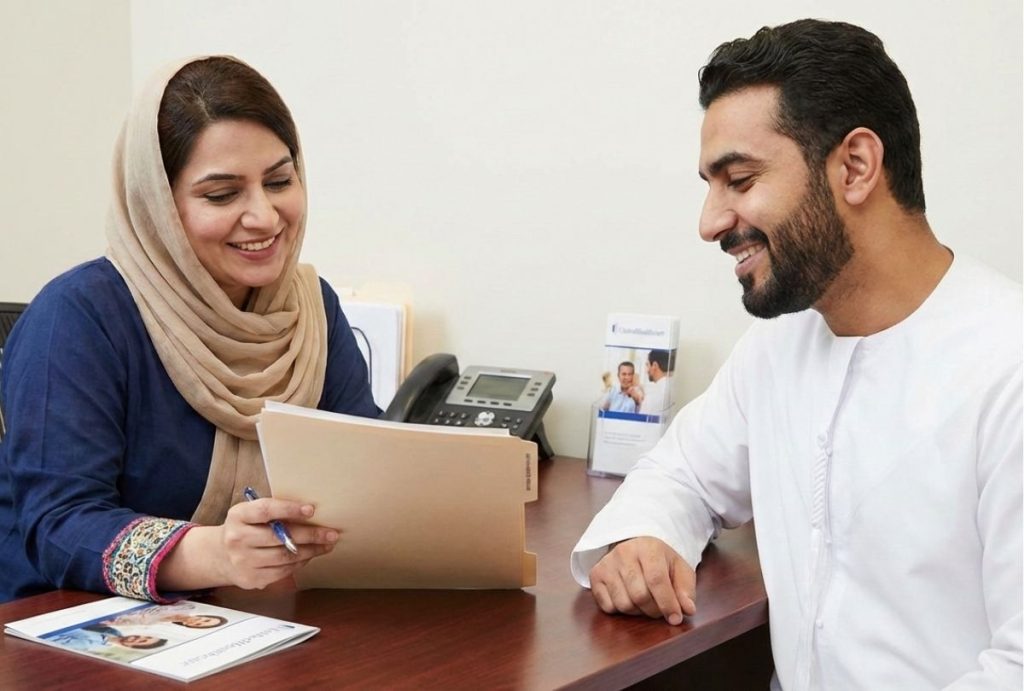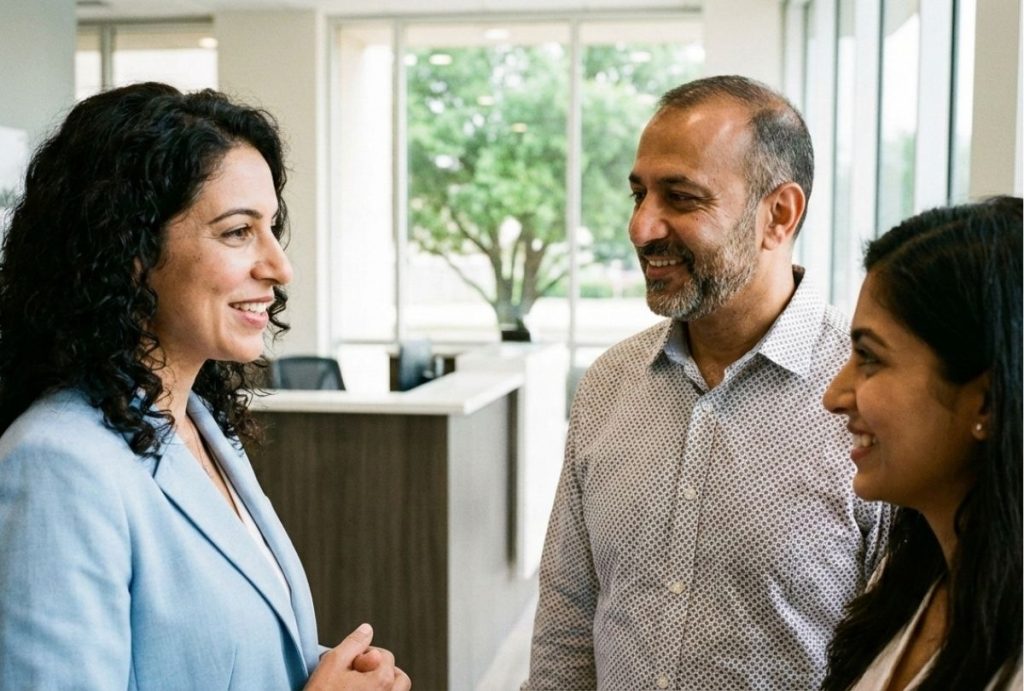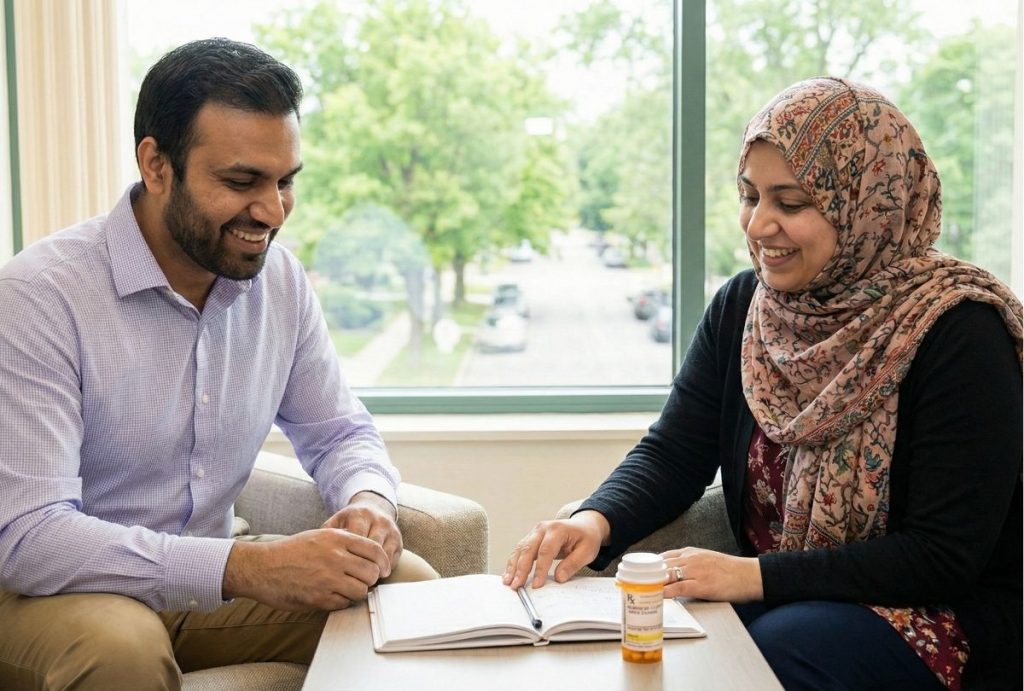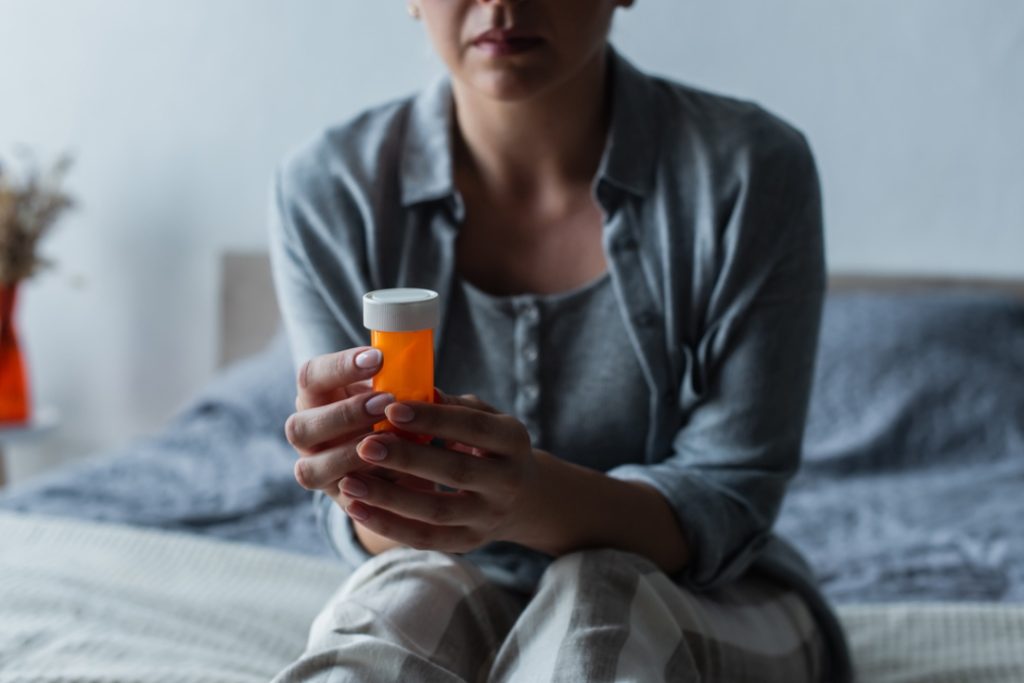How Long Should an ADHD Person Sleep?
By Elite Psychiatry | September 17, 2025
Sleep is something most of us take for granted—until we’re not getting enough of it. For someone with ADHD, sleep isn’t just a nightly recharge; it’s a crucial tool for managing symptoms and living a balanced life. Without it, even simple daily tasks can feel overwhelming. But here’s the big question: how long should an ADHD person really sleep?
The answer depends on age, lifestyle, and health. Let’s dive deep into what science, experts, and lived experiences tell us about ADHD and sleep.
Understanding ADHD and Sleep Needs
Why Sleep Is Crucial for ADHD
Think of the brain as a smartphone. If you forget to plug it in overnight, it’s sluggish and runs out of battery fast. For people with ADHD, this is even more noticeable. Sleep isn’t just rest; it resets attention, regulates emotions, and sharpens memory. Without proper sleep, ADHD symptoms—like inattention, impulsivity, and hyperactivity—become louder and harder to manage.
Typical Sleep Challenges in ADHD
Here’s the kicker: while people with ADHD need solid rest, they often find it the hardest to achieve. Common struggles include:
- Racing thoughts that won’t slow down.
- Trouble shifting from high energy into relaxation mode.
- Delayed sleep cycles—feeling “awake” late at night and “foggy” in the morning.
It’s like trying to shut off a TV that refuses to power down—the brain keeps running in the background.
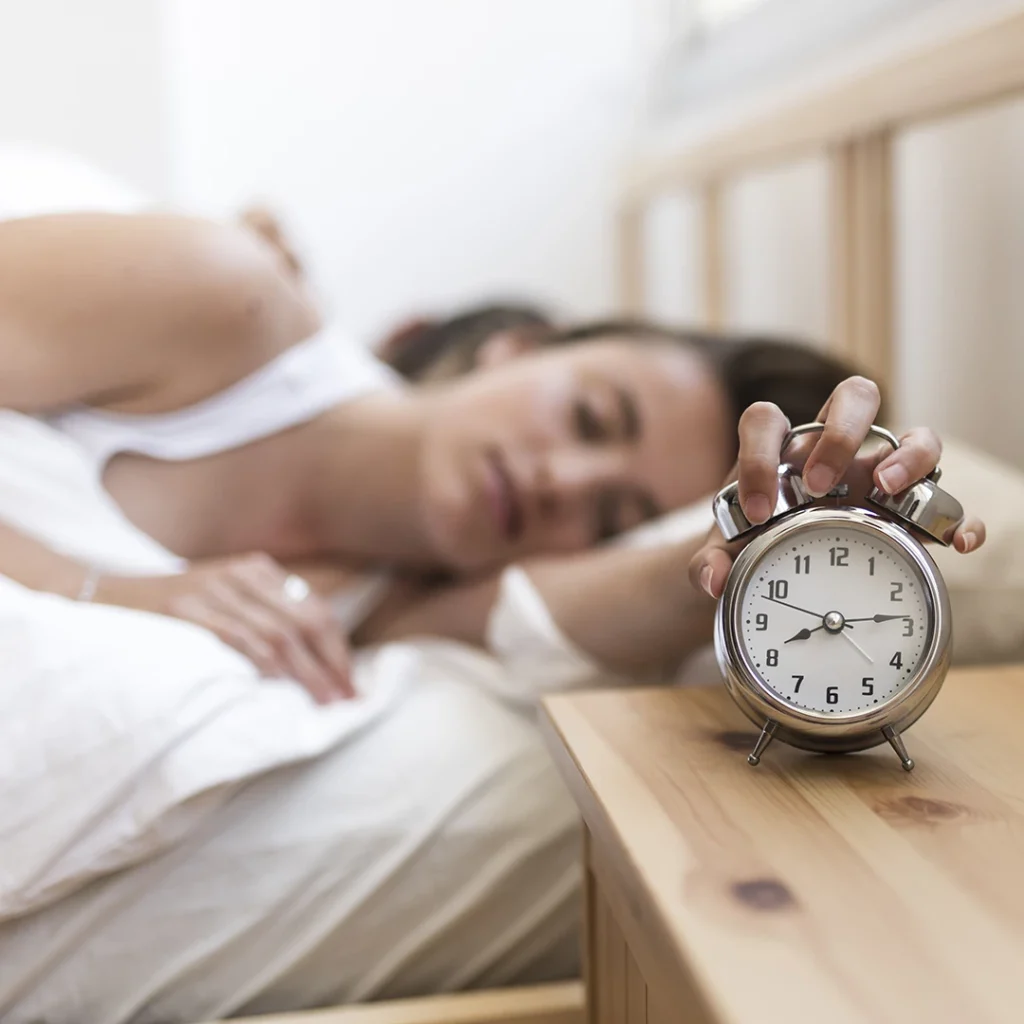
Recommended Sleep Hours for ADHD Across Ages
Children with ADHD
Kids with ADHD burn through energy fast, and their brains are constantly processing stimuli. Without enough sleep, hyperactivity worsens, making focus in school almost impossible.
Preschoolers (3–5 years old)
Preschoolers should get 10–13 hours of sleep daily, naps included. This not only supports learning but also reduces tantrums and impulsive behavior.
School-age Children (6–12 years old)
At this age, the magic number is 9–12 hours. Sleep-deprived kids may look extra restless, but it’s often their way of fighting fatigue.
Teenagers with ADHD
Teens already struggle with late-night tendencies, but ADHD magnifies the problem. The ideal range is 8–10 hours. Yet many teens with ADHD get far less because of late-night gaming, phone use, or homework.
Adults with ADHD
For adults, 7–9 hours is key. But juggling work, family, and medication side effects often reduces rest. Adults may rely on caffeine or struggle with inconsistent schedules, making consistent sleep even harder to achieve.
How Sleep Affects ADHD Symptoms
Concentration and Focus
Lack of rest makes attention span even shorter. Imagine trying to read a book while someone keeps flipping the light switch on and off—that’s what focus feels like without sleep.
Emotional Regulation
Tired brains are moody brains. For someone with ADHD, this could mean snapping over small things, crying easily, or feeling anxious over simple decisions.
Impulsivity and Hyperactivity
Without proper sleep, the brain’s self-control button malfunctions. Children may run wild, while adults act before thinking—creating unnecessary conflict.
Common Sleep Problems in ADHD
Difficulty Falling Asleep
Many describe bedtime as lying down while their brain starts running a marathon. Quiet environments actually highlight racing thoughts.
Restless Nights and Frequent Waking
Even after falling asleep, staying asleep is tough. Some wake up multiple times, leaving them exhausted in the morning.
Irregular Sleep Patterns
Late-night habits create a vicious cycle—sleeping late leads to groggy mornings, which leads to more caffeine, which leads to even later nights.
Tips for Improving Sleep in ADHD
Building a Consistent Sleep Routine
Consistency trains the brain like clockwork. Set alarms for bedtime and wake-up—yes, even on weekends. Over time, the body learns when to wind down.
Managing Screen Time
Blue light tricks the brain into thinking it’s daytime. Turning off screens an hour before bed is like dimming the lights at a theater—it signals the show (sleep) is about to start.
Creating a Calming Bedroom Environment
Think of your bedroom as a sanctuary. Cool temperatures, blackout curtains, and white noise machines all tell your body, “It’s safe to rest now.”
The Role of Diet and Exercise
Avoiding caffeine after lunch is crucial. On the flip side, regular physical activity—especially outdoors—helps burn excess energy and boosts natural melatonin.
The Importance of Daytime Habits
Good sleep starts in the morning. Exposure to natural light early in the day resets the body’s internal clock, making bedtime easier.
When to Seek Professional Help
Signs Sleep Problems Are Affecting Daily Life
If sleep struggles are leading to constant fatigue, behavior issues, or declining performance at school or work, it’s time to seek help.
Support from Elite Psychiatry Center – Psychiatrist Adult, Child & Adolescent
At Elite Psychiatry Center – Psychiatrist Adult, Child & Adolescent, serving the Seventh Street community, professionals understand the unique sleep struggles linked with ADHD. With personalized care, they help individuals adjust medication, develop sleep-friendly habits, and address underlying conditions like anxiety or depression.
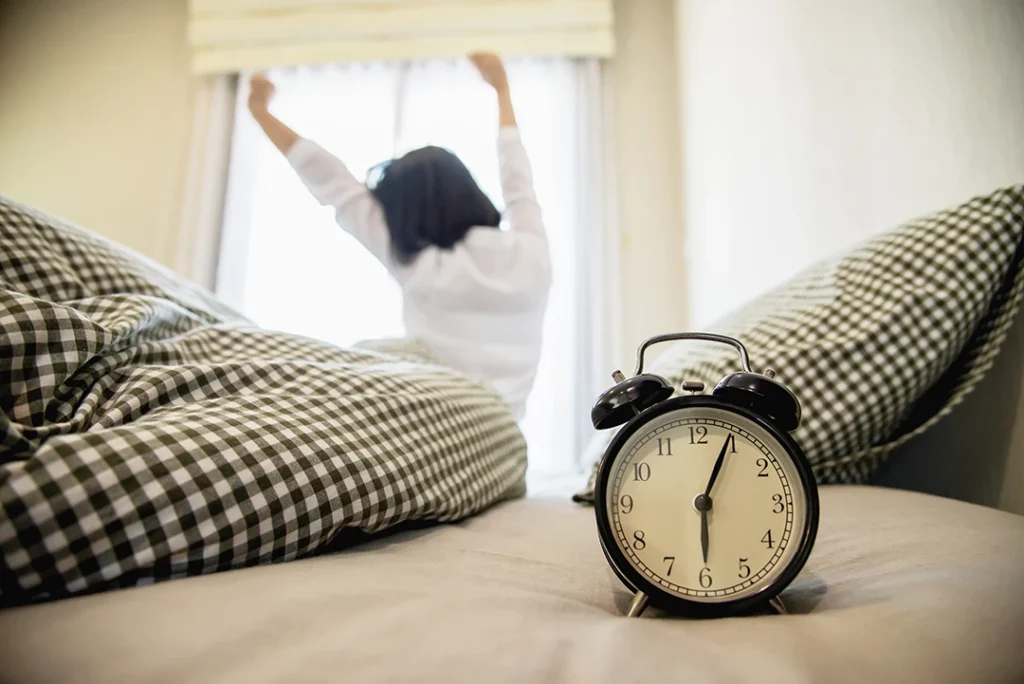
Community Support in Seventh Street
Family and Peer Understanding
Families can set the tone by supporting consistent bedtime routines. Something as simple as turning off the TV and dimming lights signals everyone that rest is important.
Role of Local Mental Health Resources
In Seventh Street, access to support groups, therapy options, and educational programs gives individuals with ADHD a stronger foundation for tackling sleep issues.
Encouraging Healthy Routines at Home
Parents and caregivers can model healthy behaviors—like winding down with a book instead of scrolling through social media. These small habits can inspire kids and teens to follow suit.
Lifestyle Strategies for Better Rest
Relaxation Techniques Before Bed
Yoga stretches, breathing exercises, or progressive muscle relaxation help release built-up tension from the day.
Mindfulness and Meditation
Guided meditation apps or short breathing exercises teach the brain how to slow down—a skill that benefits both sleep and daytime focus.
Journaling for Stress Relief
Writing thoughts down before bed clears mental clutter, giving the mind permission to rest.
Exercise Timing and Sleep Benefits
Exercise improves sleep quality, but timing matters. Morning or afternoon workouts are ideal, while late-night workouts may keep the body too energized.
Sleep and Medication in ADHD
How ADHD Medications Influence Sleep
Stimulants like Adderall or Ritalin help with focus but may cause insomnia if taken late. Timing doses correctly is critical.
Non-Medication Approaches to Support Sleep
Cognitive-behavioral therapy (CBT), relaxation techniques, and sleep hygiene strategies can work alongside medication or even reduce the need for higher doses.
Working with a Psychiatrist for Balance
A psychiatrist ensures that medications support focus during the day while minimizing sleep disruption at night. This balance can be life-changing.
Long-Term Benefits of Healthy Sleep in ADHD
Academic Success in Children and Teens
Kids who sleep well are better learners. They process information faster, retain knowledge, and perform better in exams.
Professional and Personal Growth in Adults
Adults who prioritize sleep often notice improved productivity, creativity, and even career success. Rest sharpens decision-making and boosts confidence.
Emotional Stability and Stronger Relationships
Sleep makes patience easier. Whether at school, work, or home, well-rested individuals are calmer and more empathetic in their interactions.
Elite Psychiatry Center – Psychiatrist Adult, Child & Adolescent Serving the Seventh Street Community and Beyond in Sugar Land
Elite Psychiatry Center – Psychiatrist Adult, Child & Adolescent is dedicated to serving the diverse needs of the local community of Sugar Land, including individuals residing in neighborhoods like Seventh Street. With its convenient location near landmarks such as the City Park and major intersections like 7th St. and Wood St. (coordinates: 29.627588438752017, -95.6318454343216), we offer weekend adhd testing Sugar Land services.
Get Weekend Adhd Testing At Seventh Street Now
Navigate from Seventh Street to Elite Psychiatry Center – Psychiatrist Adult, Child & Adolescent Now
Conclusion
How long should an ADHD person sleep? The short answer: enough to recharge their unique brains—whether that’s 10–13 hours for a preschooler, 8–10 for a teen, or 7–9 for an adult. The long answer? It’s not just about hours—it’s about quality and consistency.
With the right habits, support systems, and professional guidance from places like Elite Psychiatry Center – Psychiatrist Adult, Child & Adolescent in Seventh Street, better sleep isn’t just possible—it’s powerful.
FAQs
1. Do people with ADHD need more sleep than others?
Often yes, because poor sleep worsens their symptoms. More rest helps them regulate energy and focus better.
2. What happens if an ADHD person doesn’t get enough sleep?
They may become more forgetful, irritable, impulsive, and less able to concentrate.
3. Can ADHD medication affect sleep?
Yes. Some stimulants make it harder to fall asleep, especially if taken too late in the day.
4. What’s the best sleep routine for ADHD?
A fixed bedtime, limited screen use, calming activities, and a cool, dark sleep environment work best.
5. Is it okay for people with ADHD to nap?
Short naps can help, but long naps may throw off nighttime sleep schedules.
“From mental health heredity to fostering understanding and support, our guidance spans generations. We’re here to assist with every aspect of mental health.”
Or Call Us Now!

